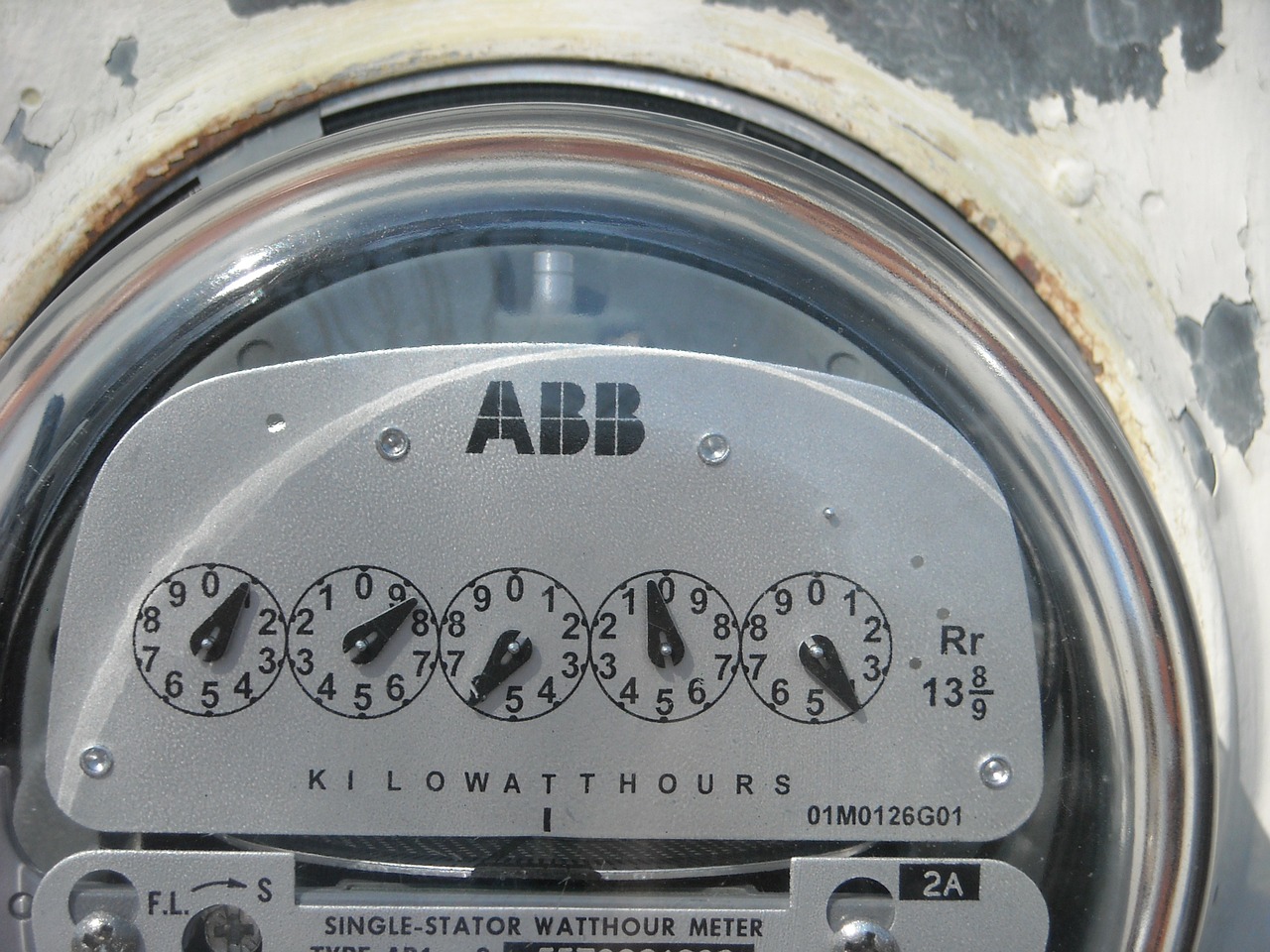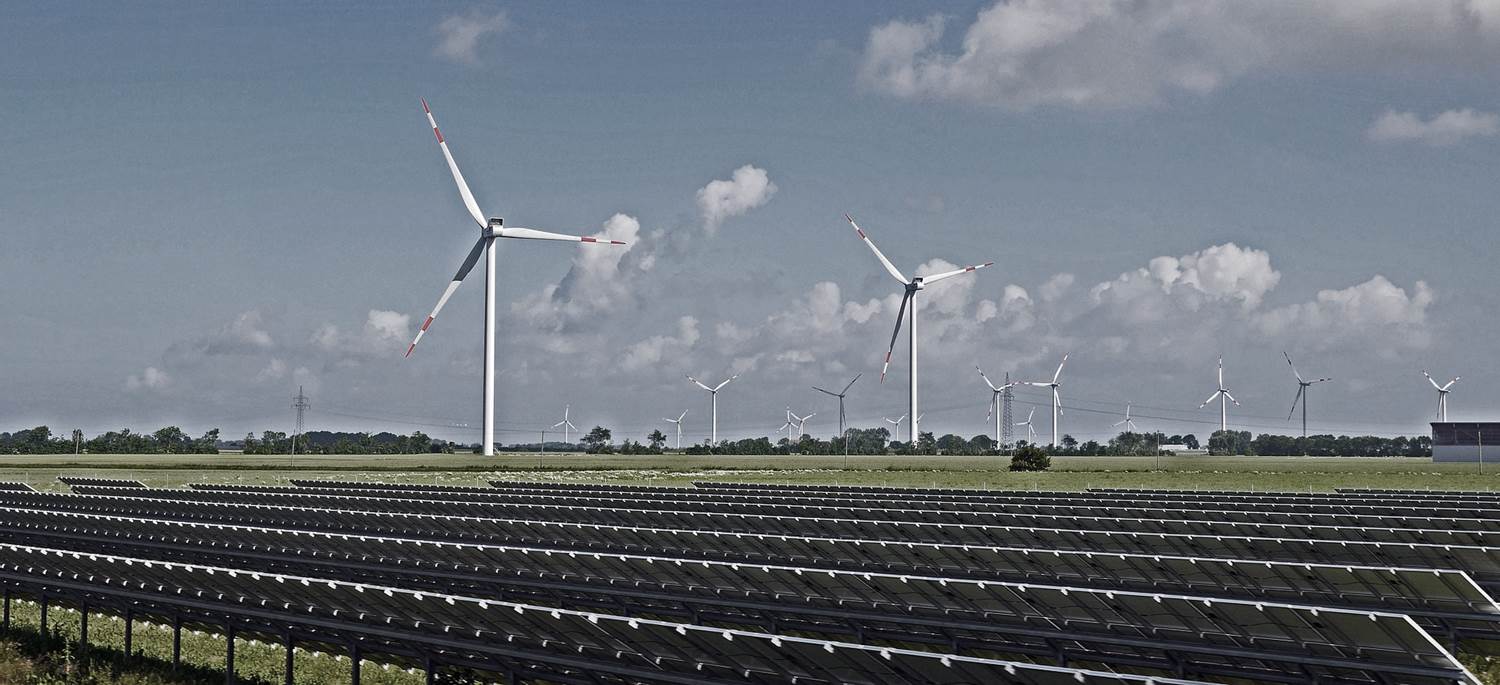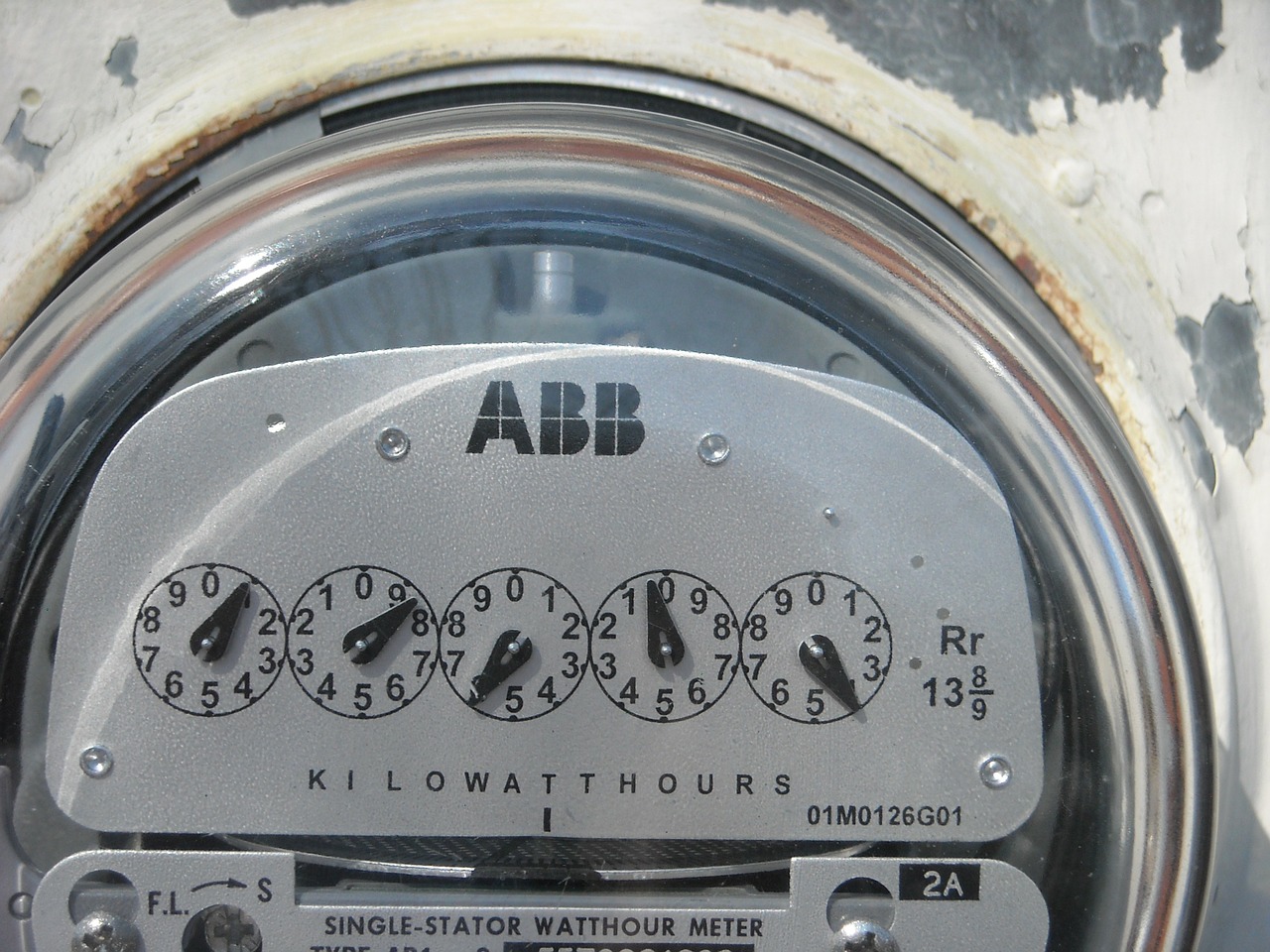
Wind Farm Subsidies – What’s Actually Happening?
Date: 23/06/2015 | Energy & Natural Resources
In an opinion article in The Scotsman on 8th June 2015 Davidson Chalmers Head of Environment Waste & Renewables, Andy Drane, questioned how the Westminster Government proposed to implement their manifesto commitment to end public subsidies for onshore wind.
On 18th June an answer was given – at least partially.
The Renewables Obligation subsidy (i.e. ROCs), which was due to come to an end in April 2017, will now end in April 2016 for onshore wind. ROCs currently apply to wind farms of 5MW or more (in current terms typically schemes with 3 or more turbines). Those schemes which already benefit from ROCs will continue to receive them. However, new schemes – including those part way through the development process – will no longer be entitled to receive ROCs. Given that large scale wind projects can take several years from inception to construction and commissioning it seems likely that there will be several schemes on which substantial sums have been expended which will no longer receive subsidy by way of ROCs.
There is a period of grace for those schemes which have met the criteria of:-
- Having planning permission.
- A grid connection offer and acceptance.
- “Evidence” of land rights for the site on which the scheme will be built.
In reality this will apply only to schemes which are well advanced and are in or about to enter the construction phase. It’s also unclear what this “period of grace” actually means.
These changes will undoubtedly cause significant distress to a number of schemes and it is inevitable that some schemes which would have been built had ROCs been available will now not be built. Those affected may well consult lawyers and seek to challenge the Westminster Government’s announcement by judicial review. Whether such challenges are successful remains to be seen but experience from the SolarPV industry suggests there may be prospects of at least partial success.
However, these changes may not have the catastrophic industry wide impact that reactions in the immediate aftermath of the Minister’s announcement might have indicated. For many of those developing schemes there was little prospect of meeting the previous end point for ROCs of April 2017. Accordingly, development programmes have, in many cases, been focused not on achieving ROCs but rather on the successor scheme of Contracts for Difference (CfDs). The bigger concern for the industry must be what the Westminster Government intends to do with regard to CfDs. Unfortunately there is little visibility as to what their view is on CfDs, the Minister’s only comment being an opaque “I will be saying more about how future CfD projects will be treated in due course”.
For those onshore wind schemes below 5MW the uncertainty continues.
Such schemes are not part of the ROCs system but rather the Feed In Tariff (FiT) system of subsidy. Quite how FiT schemes will be treated remains to be seen but there is a general review of the FiT system ongoing and, if the Westminster Government is to meet its manifesto pledge, it is hard to see that the current subsidies for sub-5MW schemes will not also be impacted.
In the meantime, subsidies for other renewable technologies such as hydro electricity, anaerobic digestion, SolarPV and Biomass continue to be available. They also continue to be available for the nuclear industry.
As always, comments, compliments or criticisms are welcome on email, twitter (@renewableexpert) or linked-in.


























































